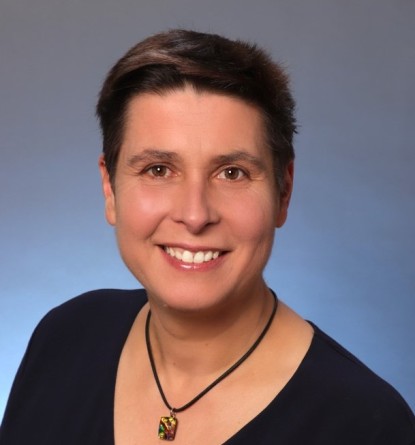International employees
We welcome you as an international employee at the TU Darmstadt on the pages of the Family Service Center. Here you will find essential information on the childcare system in Germany and the necessary steps to ensure childcare after your arrival.
Choosing suitable childcare is an important decision for you as parents. In Germany, the childcare system generally depends on the age of the children. In the following sections you will find information on the individual childcare options.
Your steps to secure childcare:
- Start researching as soon as your place of residence is determined so that childcare can be found close to your new home.
- Which facility (nursery, kindergarten, school, etc.) is suitable for my child? Which educational concept suits our family?
- Once you have decided on a facility, register via the parent portal of the city of Darmstadt. Follow the further steps for registration on the respective websites of the facilities.
- Please also note the long waiting times at almost all facilities. It is advisable to send applications to several facilities.
- It is often necessary to visit the facility or confirm your arrival in person in order to complete the application process. Please contact the head of the facility promptly to clarify any questions in this regard.
- If your child is of school age/ over 6 years old, please contact the responsible school authority.
- If possible, prepare your child's language skills for the stay. Although there are bilingual concepts in schools and childcare facilities, the use of German is often unavoidable. You can also find help on the website of the VIASD e.V. association.



